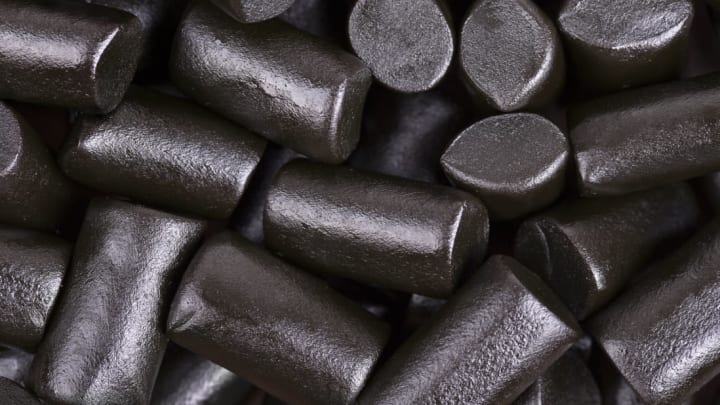Herbal teas have a reputation for offering health benefits, like soothing the nerves and easing stress. But at least one kind can have just the opposite effect, especially if it’s consumed in excess. Drinking too much licorice root tea led to a bout of high blood pressure that landed one man in the emergency room.
In a case chronicled in the Canadian Medical Association Journal, an 84-year-old man was admitted to a local emergency room for elevated blood pressure, chest pain, headache, light sensitivity, and other very non-relaxing ailments. Physicians identified the source of the problem as the patient’s habit of drinking one or two glasses daily of homemade licorice root tea, called “erk sous” in some parts of the world.
There were contributing factors to the man’s spike in blood pressure. He had already been suffering from hypertension and his consumption of homemade beverages derived from licorice root were likely far more concentrated than commercial products. But the case does illustrate the ability of licorice—often seen as a harmless substance—to have dangerous effects on blood pressure.
Licorice is the root of a plant known as Glycyrrhiza glabra. It contains a compound called glycyrrhizin, or glycyrrhizinic acid, that induces the body into retaining more water, diluting potassium levels. That leads to a rise in blood pressure. The ingredient is used in teas and black licorice products but isn’t typically found in processed and artificially flavored candies like Twizzlers. In 2017, the Food and Drug Administration issued a warning that products containing licorice root extract could potentially result in health complications.
It’s not uncommon, either. Adults over the age of 40 who consume two ounces or more of black licorice for more than two weeks are vulnerable to heart problems, especially if they have preexisting conditions, the FDA said.
The patient profiled in the Canadian Medical Association Journal was admitted to the hospital and abstained from any more licorice consumption. After 13 days, he made a full recovery and was discharged.
The moral? It’s best to enjoy licorice the same way you enjoy most indulgences: in moderation.
[h/t Gizmodo]
